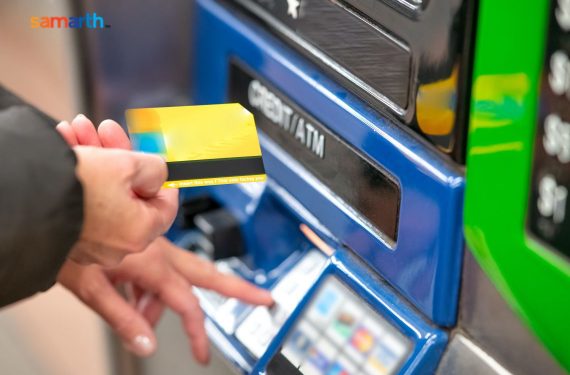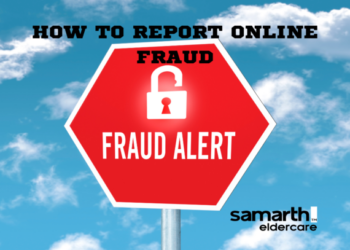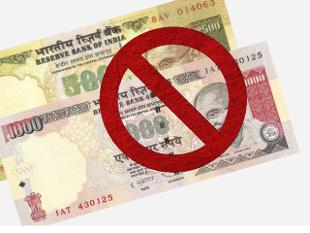Credit cards have become a matter of convenience as they are easy to carry and use. In many ways, it is safer and more secure to carry a credit card while travelling than carry a lot of cash. However, fraudsters also realise that it is easy to steal a credit card or its details, easier than petty cash! With one credit card, they could do online shopping for a much bigger amount matching the card limit, which is usually a lakh or more. Thus, credit card fraud has become rather common, and we need to watch out for these.
Common credit card frauds
Some of the common credit card frauds are phishing/vishing and hacking. You might have read in newspapers how customer data got hacked from some merchants. This stolen merchant data contains credit card information that the hackers use to do online frauds. There isn’t much that we can do about hackers stealing our information from other places. It does not happen often and is not as easy. However, there are various means in place, and authorities take the necessary action to prevent or stem such thefts and provide remedies to the victims.

Join Now >
We have already seen how phishing happens; in the case of credit card fraud, it is also called vishing. Here, scamsters sent you text, WA, or email links asking you to update your credit card information. They may pose as a financial institution, insurance provider, seller, buyer, etc. They capture your credit card details and then use them for online fraud activities.
How to avoid: Avoid clicking on any links asking you to update any personal or banking, or card-related information. There is a chance they may call you and ask you to do it within x time, saying your card/account will get blocked if you don’t. They usually take advantage of your vulnerability, panic, and confusion. So, the key is to take a deep breath, tell them you will get this checked, and do it later. You could then get in touch with your financial institution and clarify and confirm to take necessary action.
Some lesser-known credit card frauds
Skimming: This kind of fraud is also called PoS (Point of Sale) fraud as in this method, scamsters use a small skimming device to capture your credit card details. This device will be attached to the credit card swiping device or the PoS at a merchant where you do your purchase. This is rather rare as it means that some store employees would have to be involved. The captured credit card information is either used to create fake credit cards for frauds or sold to malicious people who misuse the information for fraudulent activities.
How to avoid: The only way to check for a skim is to check if any suspicious kind of device is attached to the card swipe machine. You could also take a look to see if the PoS looks tampered with in any way. Cover the machine with your hand while entering the PIN. Cloned cards without PINs may not be much useful to fraudsters. Try to use cards with chips instead of magnetic stripes.
Dumpster Diving: Sometimes little actions from our side without much thought can cause a lot of harm. When we throw away our credit card slips and bills as is, fraudsters pick these up and use the details to try and scam. This kind of scam is also called looking for ‘treasure from trash’. This method is not used only for credit card frauds, but for picking a lot of information about people and organisations to impersonate them.
How to avoid: Ensure that you tear up any bills or credit card slips before throwing them away. It is a good practice to do it with most documents that you throw away which you may feel is insignificant, but dumpsters may find some useful information in it anyway.
Keystroke capturing: Without your knowing, scamsters may get you to download some software that captures your keystrokes while you enter sensitive financial information. This kind of software records all keystrokes from your system/device and thus they get your card details as well as PIN. The complete information helps them to commit fraud easily.
How to avoid: There are two ways to avoid this. Ensure you avoid phishing messages and never click on any link to download any software/app or provide any kind of information unless you are fully sure about the sender. The second is to use virtual keyboards while doing online transactions to ensure that your keypad strokes won’t help the scamsters.
SIM swap: In this fraud, the scamster will call the telephone service provider pretending to be you and ask for a duplicate SIM and get your original SIM blocked. Then, they use the duplicate SIM to get your OTPs and carry fraudulent transactions by impersonating you.
How to avoid: If you suspect that your SIM is blocked suddenly without reason, immediately follow it up and get it rectified. If you have a card linked to that number, check if any transactions have happened and do the needful. Also, ensure that credit card transactions are also sent to your registered email id. That way, you can be doubly sure about transactions done on your card.
Some common tips
- Immediately report any stolen or misplaced card and get it blocked. You may also need to file a police complaint as well.
- Report any suspicious activity linked to your card immediately and follow the actions suggested by authorities to rectify things.
- Use reliable antivirus software on your system to help detect suspicious links and sites that try and scam you.
- Memorise your CVV and scratch it on the card to avoid misuse in any case of thefts or misplacing.
Here is an informative link that gives you a lot of additional information on dealing with credit card-related issues like thefts and scams.











